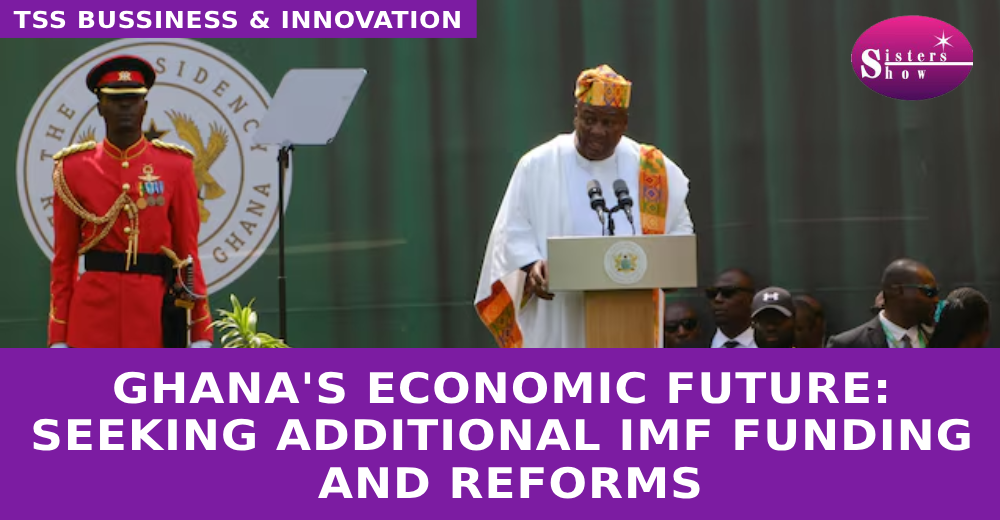
GHANA’S ECONOMIC FUTURE: SEEKING ADDITIONAL IMF FUNDING AND REFORMS
Ghana’s newly appointed finance minister designate, Cassiel Ato Forson, has revealed that the country’s government may seek additional financial assistance from the International Monetary Fund (IMF) during its current three-year programme. The move comes as part of efforts to stabilize the economy, following a tumultuous period marked by high inflation, public debt, and a debt restructuring process. Forson emphasized the need to work closely with the IMF and explore other international and domestic financial partners for additional financing.
During a meeting with IMF officials currently in Accra, Forson highlighted the challenges Ghana faces, particularly the reliance on Treasury bills, which has proven insufficient for economic recovery. He explained that the government plans to cut public spending to address inefficiencies and reduce inflation. In addition, the government aims to restart domestic bond issuance by mid-year to further support the country’s financial needs.
Ghana’s debt situation remains critical after it defaulted on much of its external debt in 2022, leading to a painful restructuring. Forson noted that the country is nearing the conclusion of this restructuring process, which includes a final agreement with non-Eurobond commercial creditors.
A key element of the incoming administration’s economic strategy is its commitment to renegotiating the terms of the IMF bailout deal. This was a central part of President John Dramani Mahama’s election campaign, though market experts believe there is limited room for major changes. Despite Mahama’s rhetoric, it is unlikely that the country will abandon its current IMF programme, especially as the IMF has been instrumental in stabilizing Ghana’s economy.
In addition to fiscal adjustments, Forson has promised to overhaul Ghana’s cocoa sector, which has been struggling with financing, crop diseases, and declining production. He stressed the need for a thorough assessment and restructuring of the sector to ensure its long-term sustainability.
As the country works to navigate its economic recovery, Forson’s experience in finance and taxation will be crucial. With support from the IMF and other global partners, the new government hopes to address pressing economic challenges while fostering growth and job creation.
Despite the challenges ahead, Forson’s proposals and Mahama’s leadership signal a strong desire to reform and modernize the economy, ensuring that Ghana’s financial future remains resilient.
Don’t miss out on the latest updates. Stay updated with Business & Innovation with The Sisters Show. Get all the details and never miss a beat!
Read More:- GAMBIA SIGNS HISTORIC BLOCKCHAIN PARTNERSHIP TO BOOST DIGITAL ECONOMY




